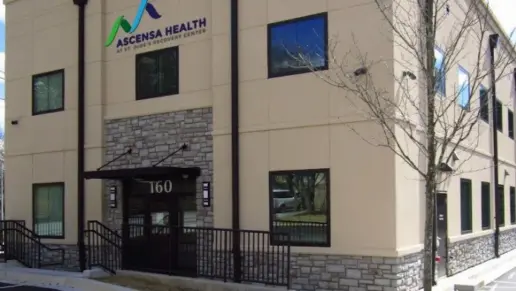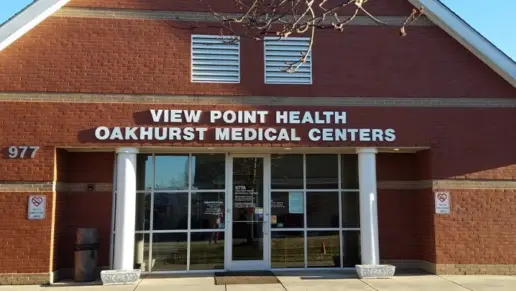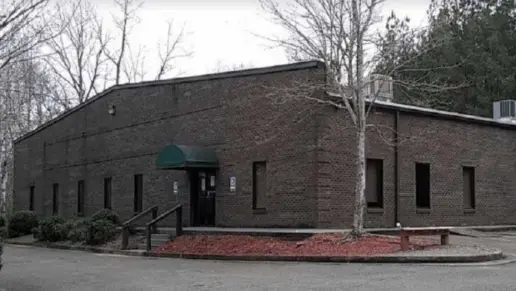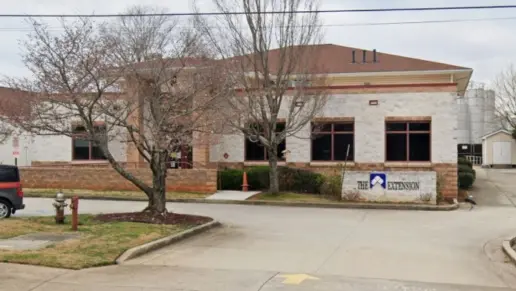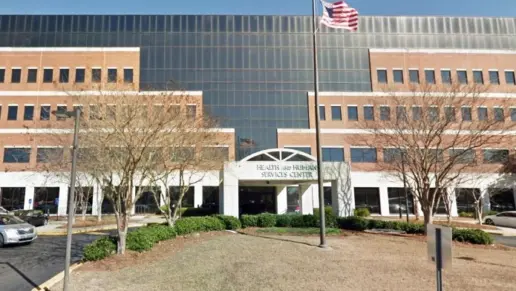About Center for Discovery Dunwoody
Center for Discovery in Dunwoody, Georgia was a facility where individuals who were struggling with an eating disorder could come for supportive, evidence driven care. This center is now closed, but they primarily focused on helping you work through food-related disorders, however, they were able to support you if you had a co-occurring substance abuse disorder at play as well.
The services here were offered in a residential treatment setting. There was also a partial hospitalization and intensive outpatient program offered here as well. There are still other locations operating throughout 11 other states, however, with nearby locations in Florida and Virginia.
Supportive Recovery Environment
You would have found that the recovery environment here was incredibly calming. The facility was inviting and welcoming and there was an atmosphere that aligned more with a home like feel than a traditional clinical feel. This environment helped you feel a sense of calm and peace and you were able to focus on your recovery plan distraction free.
Both inside and out, this facility was very upscale. The building was defined by its elegant red brick facade while inside you would have found modern furniture and open spaces to work with your care team and peers.
Evidence Based Care
Cognitive behavioral and dialectical behavioral therapies would have been applied within your treatment program. There was also a strong focus on exposure therapy and you would have been encouraged to face your food aversions head on. Through these therapies, you would have been able to get to the root cause of your mental health addiction struggles that have contributed to your substance use struggles.
Person Focused Treatment Plans
Your recovery plan would have been highly individualized for your recovery needs. They had different treatment tracks here that addressed the needs of veterans, members of the LGBTQ community, and programs that addressed common issues like body dysmorphia that often plague victims of eating disorders. Whatever the struggles you were working through, you would have found a care team to be highly sensitive and responsive to your unique needs.
Latest Reviews
Rehab Score
Gallery

Other Forms of Payment
Self-pay involves paying for treatment out of your own pocket. You can use savings or credit, get a personal loan, or receive help from family and friends to fund your treatment. If you don't have insurance or your insurance plan doesn't cover a specific program, self-pay can help ensure you still get the care you need.
Private insurance refers to any kind of healthcare coverage that isn't from the state or federal government. This includes individual and family plans offered by an employer or purchased from the Insurance Marketplace. Every plan will have different requirements and out of pocket costs so be sure to get the full details before you start treatment.
Military members, veterans, and eligible dependents have access to specific insurance programs that help them get the care they need. TRICARE and VA insurance can help you access low cost or no cost addiction and mental health treatment. Programs that accept military insurance often have targeted treatment focused on the unique challenges military members, veterans, and their families face.
Addiction Treatments
Levels of Care
 Inpatient
Inpatient
 Partial Hospitalization Program
Partial Hospitalization Program
Treatments
Mental health rehabs focus on helping individuals recover from mental illnesses like bipolar disorder, clinical depression, anxiety disorders, schizophrenia, and more. Mental health professionals at these facilities are trained to understand and treat mental health issues, both in individual and group settings.
Clinical Services
Cognitive Behavioral Therapy (CBT) is a therapy modality that focuses on the relationship between one's thoughts, feelings, and behaviors. It is used to establish and allow for healthy responses to thoughts and feelings (instead of unhealthy responses, like using drugs or alcohol). CBT has been proven effective for recovering addicts of all kinds, and is used to strengthen a patient's own self-awareness and ability to self-regulate. CBT allows individuals to monitor their own emotional state, become more adept at communicating with others, and manage stress without needing to engage in substance abuse.
Dialectical Behavior Therapy (DBT) is a modified form of Cognitive Behavioral Therapy (CBT), a treatment designed to help people understand and ultimately affect the relationship between their thoughts, feelings, and behaviors. DBT is often used for individuals who struggle with self-harm behaviors, such as self-mutilation (cutting) and suicidal thoughts, urges, or attempts. It has been proven clinically effective for those who struggle with out-of-control emotions and mental health illnesses like Borderline Personality Disorder.
Eating disorders include anorexia, bulimia, binge eating, and dysfunctional eating patterns. Many psychologists and other mental health professionals consider eating disorders to be food addictions, meaning food is being used in an addictive way (similar to drug or alcohol addiction). Certain substance abuse treatment programs will have treatment for eating disorders as one of the services offered. An eating disorder may also present as a co-occuring disorder or dual diagnosis alongside drug and alcohol addiction.
Research clearly demonstrates that recovery is far more successful and sustainable when loved ones like family members participate in rehab and substance abuse treatment. Genetic factors may be at play when it comes to drug and alcohol addiction, as well as mental health issues. Family dynamics often play a critical role in addiction triggers, and if properly educated, family members can be a strong source of support when it comes to rehabilitation.
Group therapy is any therapeutic work that happens in a group (not one-on-one). There are a number of different group therapy modalities, including support groups, experiential therapy, psycho-education, and more. Group therapy involves treatment as well as processing interaction between group members.
In individual therapy, a patient meets one-on-one with a trained psychologist or counselor. Therapy is a pivotal part of effective substance abuse treatment, as it often covers root causes of addiction, including challenges faced by the patient in their social, family, and work/school life.
Amenities
-
Yoga Studio
Staff & Accreditations
Staff
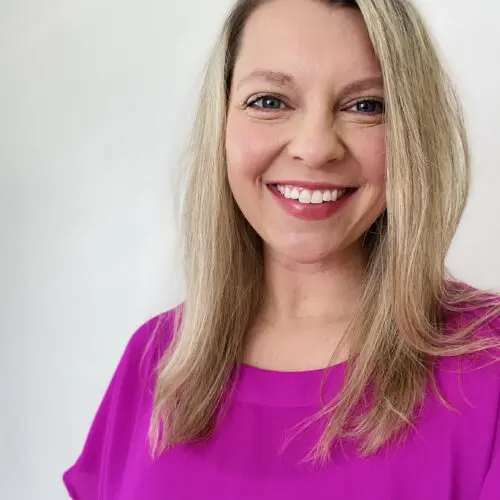
Deandra Christianson, MA
President, Eating Disorder Division
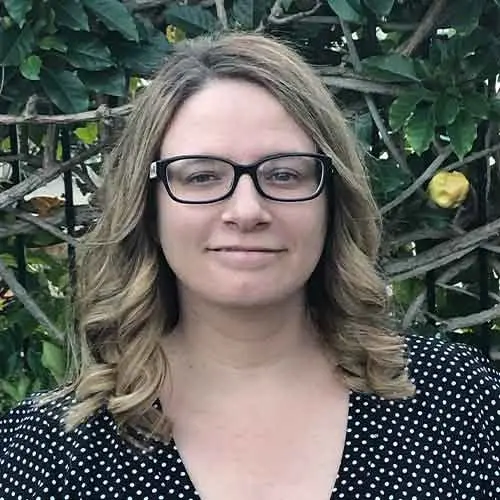
Amy Costa, PsyD, LMFT, CEDS-S
VP Clinical Operations
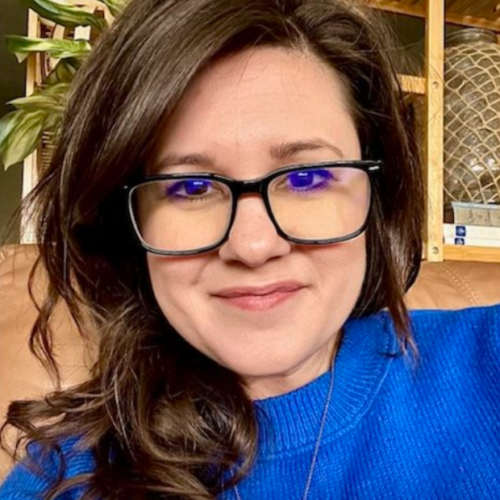
Jen Henretty, PhD, CEDS
Executive Director of Clinical Outcomes
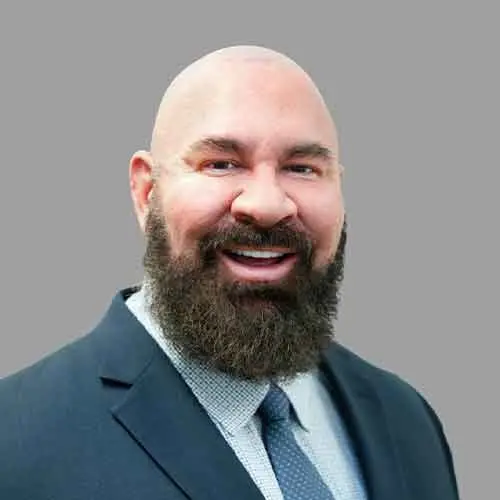
Matthew Ruble, MD
Chief Medical Officer
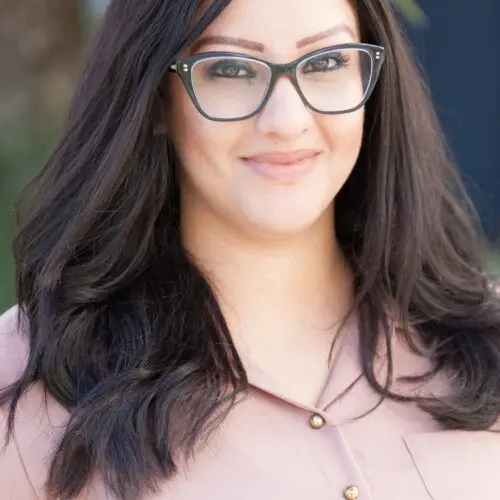
Abby Hamdan
VP of Operations Residential Division
Accreditations

The Joint Commission, formerly known as JCAHO, is a nonprofit organization that accredits rehab organizations and programs. Founded in 1951, the Joint Commision's mission is to improve the quality of patient care and demonstrating the quality of patient care.
Joint Commission Accreditation: Yes
